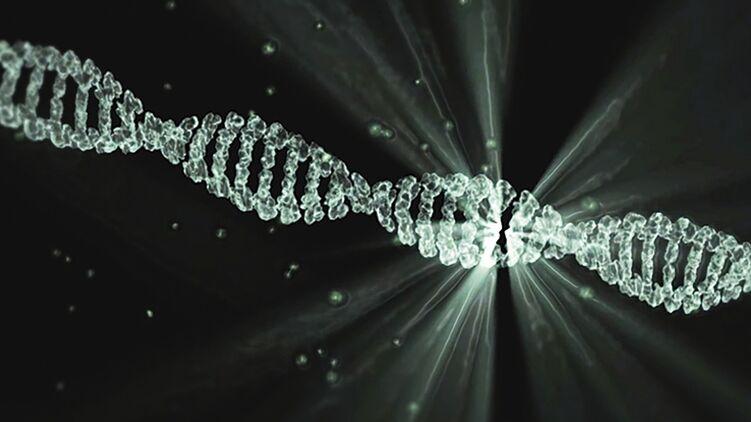Scientists have begun work on creating artificial human DNA

An unprecedented scientific project has started in Cambridge, within which researchers intend to recreate the structural elements of human DNA from scratch, at the atomic level, using basic chemical elements. About this informs BBC.
Until now, such research has been strictly prohibited due to concerns about the potential consequences of editing the human genome — including the risk of so-called designer babies with predetermined characteristics or other unpredictable and irreversible changes in the future.
Despite these concerns, the British charity Wellcome Trust – the world’s largest in the field of medicine – funded the project, allocating 10 million pounds. There, they explained their decision by saying that the potential benefits of this research far outweigh the risks associated with it, as it could provide a powerful boost in the search for drugs against incurable diseases.
According to Julian Sale of the MRC Laboratory of Molecular Biology in Cambridge, one of the leading participants in the study, this work could be a breakthrough in biology, taking science to a fundamentally new level:
“You can do literally anything with genes – without any restrictions. We are talking about treatment methods that, as the patient ages, will improve his condition in a specific way, resulting in a healthier old age, with fewer diseases. With the help of this method, we want to learn how to create cells that are resistant to one or another disease, with which it will be possible to replace damaged areas of tissues and organs – for example, the liver, heart, or even the immune system.”
A new initiative called the “Synthetic Human Genome” may allow not only to read, but also to reproduce fragments of DNA, and later – potentially the entire molecule. The first step in this direction will be to study the synthesis of large areas of human DNA, including synthetic chromosomes, which contain genes responsible for the development, regeneration of tissues and vital activity of the body. In the future, researchers will be able to experimentally study the functions of individual genes in order to better understand how exactly they regulate the work of the human body.
At the same time, critics see a threat in the fact that such research can open the way for unscrupulous scientists who seek to create genetically improved people.





